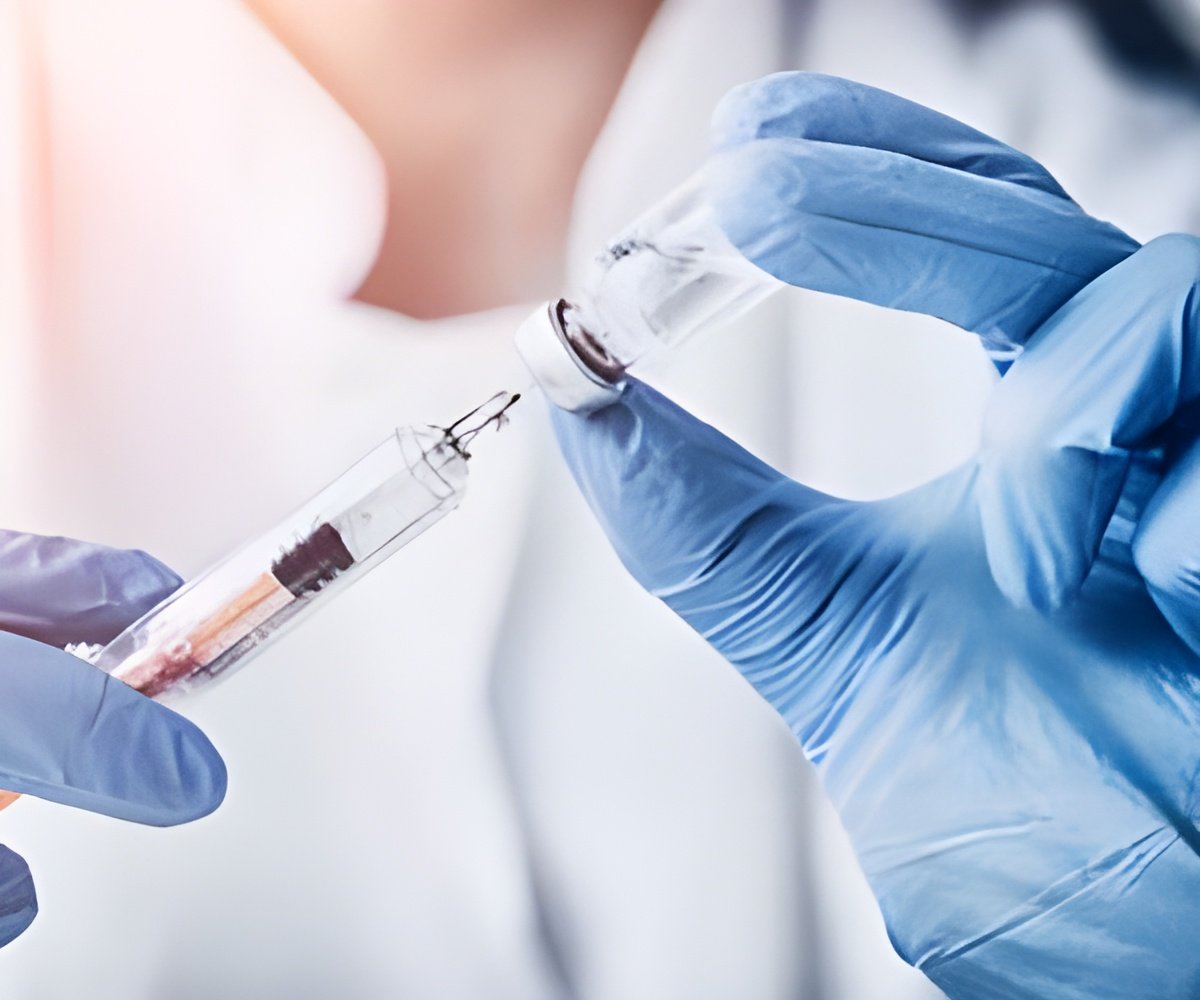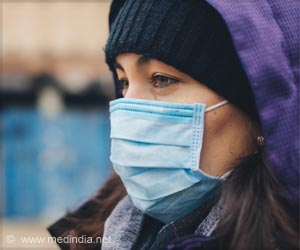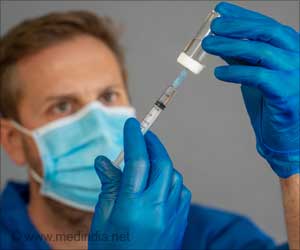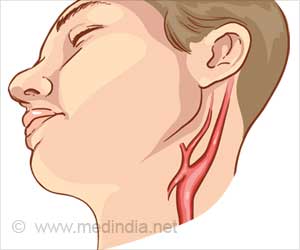Moderna’s COVID-19 vaccine mRNA-1273,- shows an efficacy of 94.1 percent in preventing symptomatic COVID-19. Mild adverse reactions of the vaccine were fatigue, muscle aches, joint pain and headaches.

‘Moderna’s COVID-19 vaccine mRNA-1273,- shows an efficacy of 94.1 percent in preventing symptomatic COVID-19. Mild adverse reactions of the vaccine were fatigue, muscle aches, joint pain and headaches.’
Read More..




The peer-reviewed paper is published in the journal The New England Journal of Medicine.Read More..
The trial was conducted at Brigham and Women's Hospital which is a part of the COVID-19 Prevention Network (CoVPN), funded by the National Institutes of Health. The principal investigator for the study and lead author of the paper was Lindsey Baden, MD, an infectious diseases specialist at the Brigham and an expert in vaccine development for viral diseases.
Baden said, “Our work continues. Over the next months, we'll have increasing amounts of data to better define how this vaccine works, but the results so far show a 94.1 percent efficacy. These numbers are compelling. And, importantly, the data suggest protection from severe illness, indicating that the vaccine could have an impact on preventing hospitalizations and deaths, at least in the first several months post-vaccination."
The study enrolled over 600 participants enrolled at the Brigham and 30,420 adult participants at 99 U.S. sites. Only those participants who were 18 years old or older and had no known history of COVID-19 infection but whose locations or circumstances put them at appreciable risk of SARS-CoV-2 infection and/or high risk of severe COVID-19 were eligible for the study.
Between July 27 and Oct. 23, 2020, the participants received their first injection which was followed by a second injection 28 days later. The injections given intramuscularly were of dose 0.5 mL, containing 100 μg of mRNA-1273 or saline placebo.
Advertisement
Following the administration of dose, the participants were monitored closely for adverse events in the weeks following their injection and the data will be collected on any serious adverse events or adverse events that require medical attention through two years post-injection.
Advertisement
Baden said, “While these results are encouraging, they are limited by the short duration of follow-up so far. Longer term data from the ongoing study may allow us to more carefully evaluate the vaccine's efficacy among different groups, determine the impact on asymptomatic infection, understand when immunity wanes, and determine whether vaccines affect infectiousness. But we shouldn't lose sight of the progress that we have made, which shows what is possible when we come together to tackle an immensely challenging problem."
Source-Medindia















